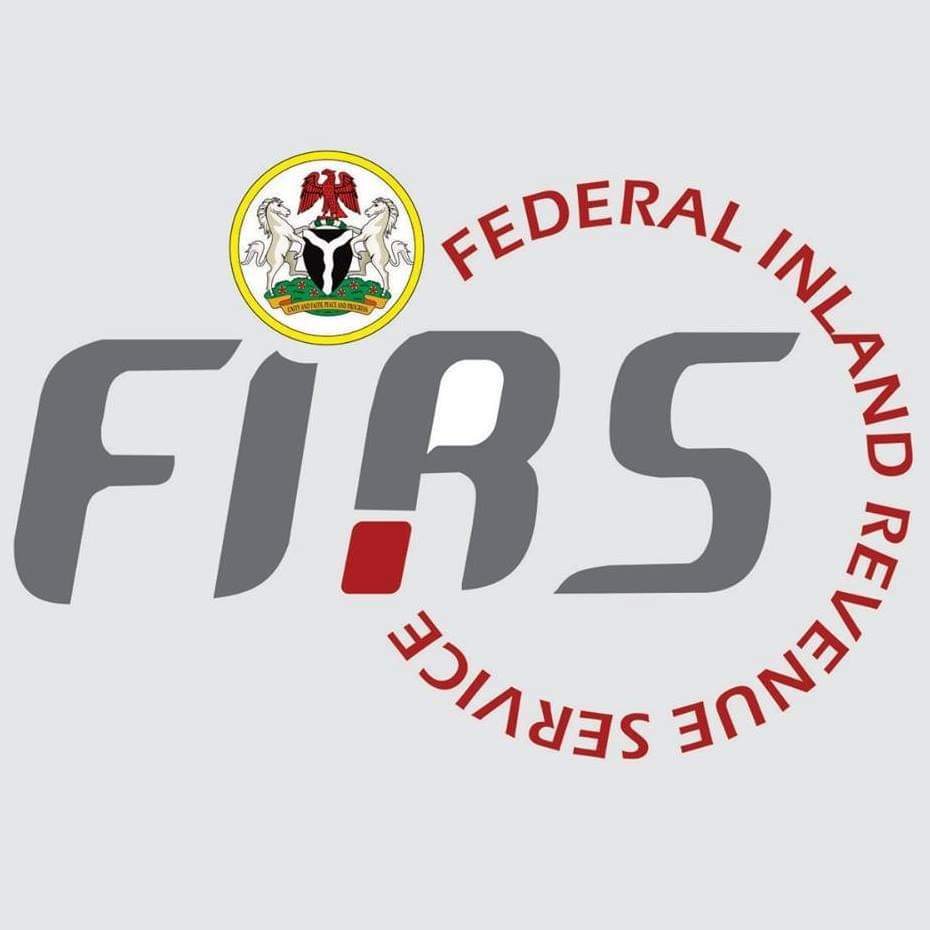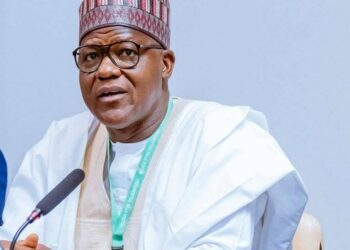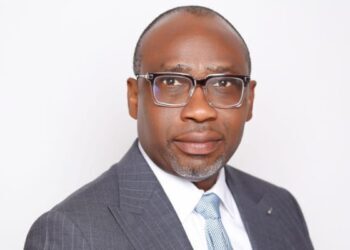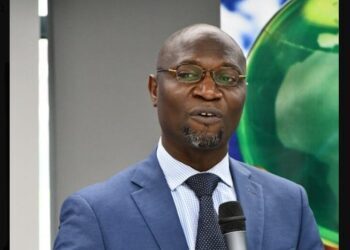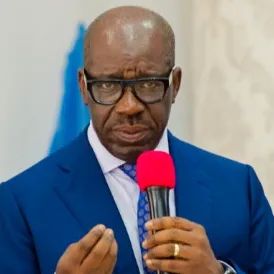It is common knowledge that taxation plays a vital role in the economic development of every country whether developed, developing or under developed, and Nigeria is no exception. Government at all levels depends on the tax it collects to run the affairs of the State and it is the duty of every taxable citizen to contribute their quota to this effect. Without taxes, there can be no country.
According to the Constitution of the Federal Republic of Nigeria 1999: Section 24 (f) of 1999 Constitution (as amended) it states that “it shall be the duty of every citizen to declare his income honestly to appropriate and lawful agencies and pay his tax promptly”. This is a legal requirement and it is fundamental to the successful operations of the country. Mind you, it is not an option or a recommendation but an obligation of every Nigerian citizen.
Some Nigerian Tax laws and Regulations which require compliance to tax payment include: Federal Inland Revenue Service (Establishment) Act (FIRSEA), Cap F36 LFN 2007; Personal Income Tax (PITA ), Cap P8, LFN 2004 as amended; Petroleum Profit Tax Act (PPTA), Cap P13, LFN 2004 as amended; Companies Income Tax (CITA), Cap C21, LFN 2004 as amended; Value Added Tax Act (VATA), Cap V1,LFN 2004 as amended; Tertiary Education Trust Fund (Establishment, Etc) Act (TETFEA) 2011 as amended; Stamp Duties Act (SDA), Cap S8, LFN 2004 as amended; Capital Gains Tax Act (CGTA), Cap C1, LFN 2004 as amended; National Information Technology Development Agency Act and the provisions of the Finance Act 2019, 2020, 2021 and 2023. These laws have provided the legal framework containing various tax obligations of a taxpayer.
Every taxpayer has certain rights such as: right to non-discrimination, transparency and accountability, adequate notice and information, redress, compliance assistance amongst others. But with these rights come responsibilities and obligations that must be fulfilled in compliance with the country’s tax laws. Some taxpayers fall short in fulfilling their tax obligations not necessarily because they want to but for lack or poor understanding of these obligations. This piece aims at shedding light on the key tax obligations of taxpayers in Nigeria.
The obligations of Nigerian taxpayers include, but are not limited to the following: registration for tax: Taxpayers are obligated to register with the appropriate tax authorities, depending on the type of tax they are liable for. This includes obtaining a Taxpayer Identification Number (TIN) from the Federal Inland Revenue Service (FIRS) for companies and the Joint Tax Board (JTB) for individuals.
Another obligation expected of taxpayers is record keeping. Taxpayers are required to maintain accurate and up-to-date records of their financial transactions, including income, expenses, assets, and liabilities. These records are essential for filing tax returns, substantiating deductions, and complying with tax audits. Record keeping is not common practice among small businesses. Yet it is the foundation for fulfilling your tax obligations. If you do not keep your records, how would you know what taxes you are meant to pay?
It is also the obligation of a taxpayers to file tax returns within the prescribed timelines. Individuals are required to file their Personal Income Tax (PIT) returns annually, while companies must file their Corporate Income Tax (CIT) returns within six months after the end of their financial year. Other tax returns, such as VAT returns and WHT returns, may also be required depending on the taxpayer’s activities. All too often, taxpayers think that if they do not make profits, or do not have a turnover above N25 million, then they are not required to file. This is not true. Filing returns is to be made whether or not you made profits or losses. As long as you are a taxpayer, you ought to file returns with the relevant tax authority.
Flowing from this obligation is the obligation to pay taxes—the most commonly spoke about obligation. Taxpayers have an obligation to pay the taxes they owe to the relevant tax authorities. This includes the timely remittance of Personal Income Tax, Companies Income Tax, Value Added Tax, Withholding Tax, and other applicable taxes. They also owe it as an obligation to comply with tax deductions. Employers and businesses that make payments subject to withholding tax (WHT) must deduct the appropriate tax amount at source and remit it to the tax authorities. This includes deducting WHT from salaries, contracts, dividends, interest, and other relevant payments.
Furthermore, taxpayers are required to provide accurate information and documentation as requested by tax authorities. This includes providing supporting documents for deductions, exemptions, and claims made on tax returns as well as cooperating with tax audits and investigations, providing requested information and records, and responding to inquiries in a timely and accurate manner.
To crown it all, taxpayers must comply with all relevant tax laws and regulations which includes staying updated on changes in tax laws and fulfilling their obligations accordingly.
By understanding and diligently leaving up to tax obligations, individuals and businesses actively participate in the development and progress of the country, ensuring a more prosperous, greater and equitable society for all.
Rachel Jantiku, is a researcher and writes from Abuja.


